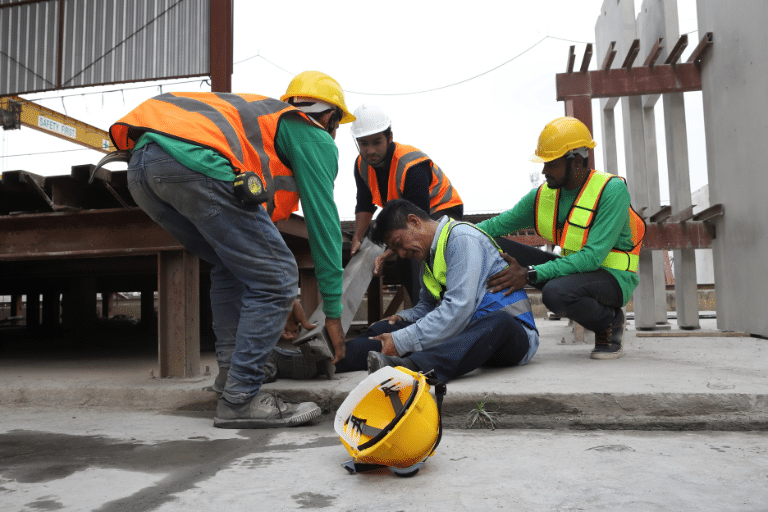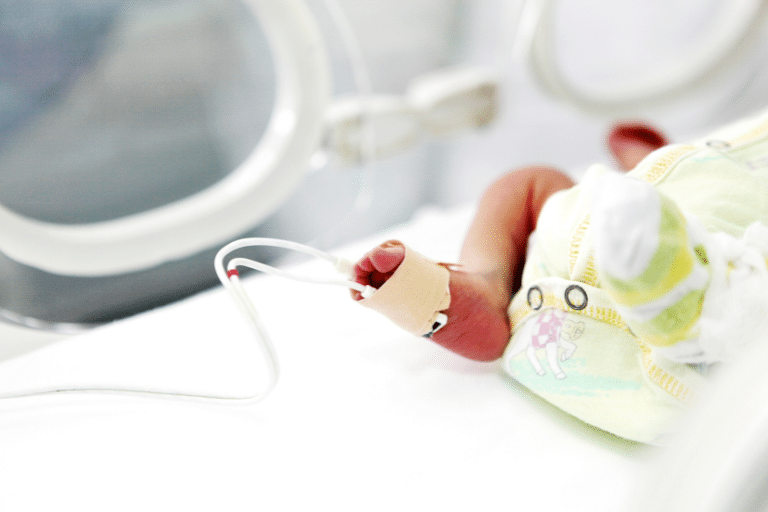Traumatic brain injuries (TBIs) are a type of catastrophic injury that can have life-long consequences, regardless of the age of the head trauma victim. In recent years, concussions and mild TBIs in general have been the subject of significant research due to the prevalence of concussions in contact sports. Researchers have found potential links between TBIs and degenerative diseases such as chronic traumatic encephalopathy (CTE) and Parkinson’s disease. Brain injury researchers continue to investigate the long-term effects of brain injuries, and a new study suggests that “people who have had a history of traumatic brain injury . . . have an increased risk for developing some types of dementia, including Alzheimer’s disease,” according to a report in MedNews. In some cases, a TBI can accelerate the onset of Alzheimer’s disease.
Learning More About the Recent Brain Injury Study
While it may seem obvious that moderate or severe TBIs will have future consequences and could result in forms of dementia due to significant changes in an injury victim’s brain, many people do not realize that concussions can also be very serious in the long run. Even for people who sustain a mild TBI and recover within weeks, that brain injury can have consequences years later.
Previous research showed links between moderate or severe TBIs and Alzheimer’s disease, but the new study suggests that “even a mild TBI or repeated mild TBIs may result in an increased risk for developing some type of dementia.” Indeed, that new study suggests that “a protein seen in Alzheimer’s patients is evident within hours of a mild TBI event.” Although it is important to remember that all injury victims with TBIs will not develop Alzheimer’s disease or another firm of dementia, the new research suggests that the link is possible.
Signs of a Traumatic Brain Injury
Signs and symptoms of a traumatic brain injury can vary from person to person, and children can experience slightly different symptoms than adults. In general, however, the following may be signs of a TBI:
- Nausea;
- Vomiting;
- Lack of coordination;
- Difficulty remembering new information;
- Difficulty focusing;
- Trouble with speaking;
- Tinnitus, or ringing in the ears;
- General confusion;
- Difficulty sleeping;
- Sleeping too much; or
- Loss of consciousness.
Anytime someone has signs of a TBI or sustains a blow to the head that could cause a concussion, it is important to seek a medical evaluation.
Call My Office for Assistance with a Brain Injury Claim
While you might not realize it at the time, a minor traumatic brain injury like a concussion can seem like it will heal quickly, yet that injury can have long-term consequences. As the recent study suggests, even mild TBIs can pose risks for serious debilitating and degenerative injuries later on in life. Whether you sustained a brain injury while playing sports, as a result of a motor vehicle crash, or in any other accident or incident, I want to help you hold the negligent party accountable. When it comes to brain injury lawsuits and other types of catastrophic injury claims, I’ll Make Them Pay!® Do not hesitate to contact my firm at 877.944.4373 to learn more about seeking financial compensation for a brain injury.








